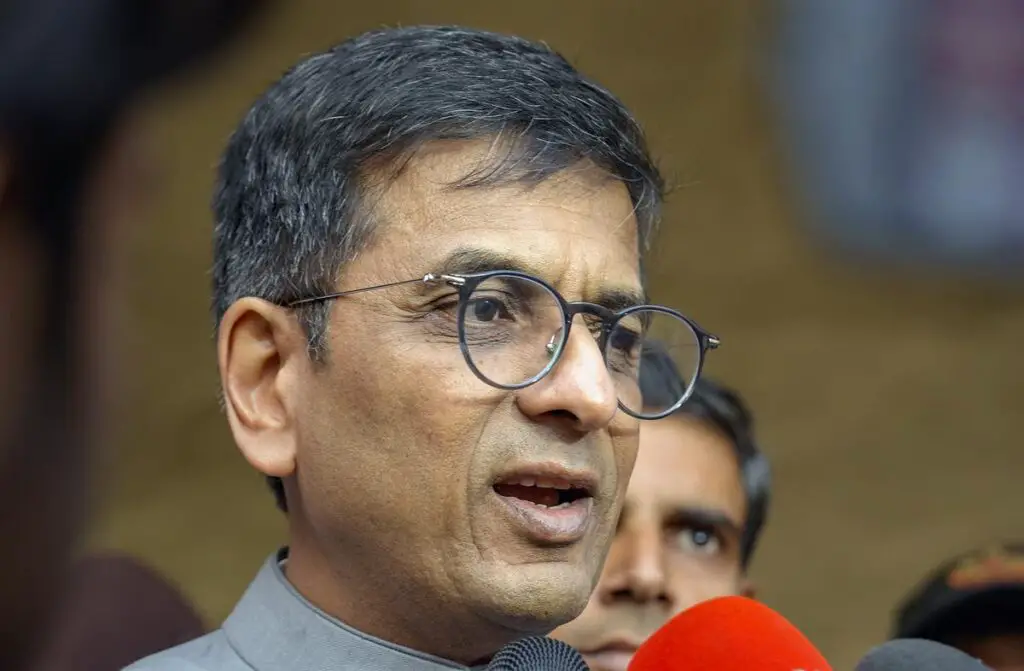The Role of Technology in Justice Delivery
Chief Justice D Y Chandrachud of India addressed the Commonwealth Legal Education Association (CLEA) – Commonwealth Attorneys and Solicitors General Conference, emphasizing the significant role of technology in the administration of justice. He stressed the importance of ensuring that technological solutions are designed with equity and inclusivity in mind, recognizing the diverse needs and capabilities of all stakeholders.
Justice Chandrachud highlighted that while technology promises to enhance the speed and accessibility of justice, careful navigation is essential to avoid exacerbating the deep-seated structural and financial hierarchies within Indian society. It is crucial to consider these existing problems to ensure that technology does not inadvertently perpetuate opacity and inequality.
He also mentioned the importance of modernizing courtrooms and facilities, ensuring that technology enhances transparency and accountability. Referring to the e-Courts project, which aims to leverage technology for improved access to justice, Justice Chandrachud emphasized the need for technological solutions designed with equity and inclusivity in mind. He underlined the significance of cultivating a shared commitment to justice in addressing these challenges.
Building Ethical Foundations in Legal Practice
Referring to recent initiatives such as the implementation of a standard operating procedure (SOP) guiding courts in summoning government officials, the Chief Justice highlighted a collaborative approach involving legal officers, government officials, and the judiciary to reinforce ethical underpinnings of executive accountability. This emphasizes the responsibility of law officers as representatives of the government and officers of the court in upholding ethics in legal practice.
Furthermore, Justice Chandrachud stressed the aim of the conference to foster collaboration between officers of the court entrusted with the responsibility of justice administration. He highlighted the need for global collaboration and trust-building to address diverse cross-border challenges to justice delivery.
Additionally, Justice Surya Kant, speaking at the conference, emphasized the significance of encouraging substantive discussions on pressing legal issues and promoting mutual understanding of legal mechanisms in Commonwealth nations. This further reinforces the collaborative approach advocated by Justice Chandrachud.
SEO Optimization and Relevant Keywords
In discussing the significance of technological solutions designed with equity and inclusivity in mind, and the need for a shared commitment to justice, the article integrates strong keywords naturally within the text to enhance its SEO quality. The focus on technology, justice administration, and ethical underpinnings of legal practice ensures that these keywords are strategically placed to optimize SEO.
Furthermore, hyperlinks to popular-related websites are added where relevant to ensure broader access to additional information and resources related to the topics discussed. These hyperlinks are placed organically within the article to enhance its value to the readers.
Conclusion
Overall, Chief Justice D Y Chandrachud’s address at the CLEA – Commonwealth Attorneys and Solicitors General Conference underscored the pivotal role of technology in enhancing the administration of justice while emphasizing the need for equity, inclusivity, and ethical foundations in legal practice. The collaborative approach advocated by Justice Chandrachud, supported by other legal experts at the conference, highlights a shared commitment to addressing the challenges of justice delivery in a rapidly evolving technological landscape.

